In most cases, the start of a career is crucial to long-term musical success. Mess up that opportunity and it’s difficult to right the ship and grab the public’s attention when they’ve moved on to other newcomers.
Videos by American Songwriter
Through new fault of his own, Billy Joel, now one of the legends of music, got off to such a start. It happened when his first album arrived in stores, and a terrible mixing error had Billy sounding a little like he was auditioning for Alvin and the Chipmunks.
The Accidental Artist
Billy Joel didn’t really intend to enter the singer/songwriter lane when he began his music career. The New Yorker had been in a variety of bands playing various genres in the late ‘60s. He found he had a facility for songwriting, and so he originally thought he might be a kind of writer-for-hire, pitching his songs to other artists.
But when he hooked up with Family Productions and its producer Artie Ripp, Joel suddenly found himself recording a debut album. The logic was that the only way that he could receive the necessary exposure for his songs was if he went out and played them on the road himself. He needed an album to make that leap.
To be honest, even before the mixing error we’re going to talk about in a second, the songs on Cold Spring Harbor, named after a place near where Joel grew up, show only glimpses of the masterful songwriter and performer to come. But there was enough spark in tracks like “She’s Got a Way,” “Everybody Loves You Now,” and “Why Judy Why” to suggest a major talent.
Sped Up and Let Down
Unfortunately, someone made an error during the mastering process of the record. When the first copies of Cold Spring Harbor hit stores in 1971, the songs were sped up considerably from the pace at which they were recorded. This was most noticeable in Joel’s voice, which came out sounding way higher-pitched than what we’ve come to know.
The legend goes Joel was at a party with friends when he received his first copy of the album. After listening to it for just a few moments, he realized the error. He became so enraged that he whipped the album across the room in frustration.
Needless to say, the experience soured him on his association with Ripp, although the contracts he signed made it difficult for him to get completely disentangled. Ripp and his company would continue to have a piece of Joel’s recordings long after he had moved on to Columbia, where he recorded for the bulk of his career.
The Aftermath
Ripp eventually released a remastered version of Cold Spring Harbor in 1983, even recruiting musicians to fill out some parts with overdubs. While this improved matters slightly, the bottom line is Joel’s voice still sounds off, no matter which version of a physical copy you might be able to locate via the internet.
Joel has admitted his songwriting was only in its nascent stages at that point, so the failure of the album wasn’t all on the mistake. Still, it’s fair to wonder if songs like “Everybody Loves You Now,” with its biting sarcasm, would have hit home harder if the voice embodying them hadn’t sounded so twee.
In any case, Joel managed to overcome this rough beginning. His 1973 follow-up album, properly mastered right from the jump, included classics like “Piano Man” and “Captain Jack,” setting the stage for his ascendance to stardom in the second half of the decade. It turns out Simon and Theodore’s jobs were safe after all.
Photo by Michael Ochs Archives/Getty Images

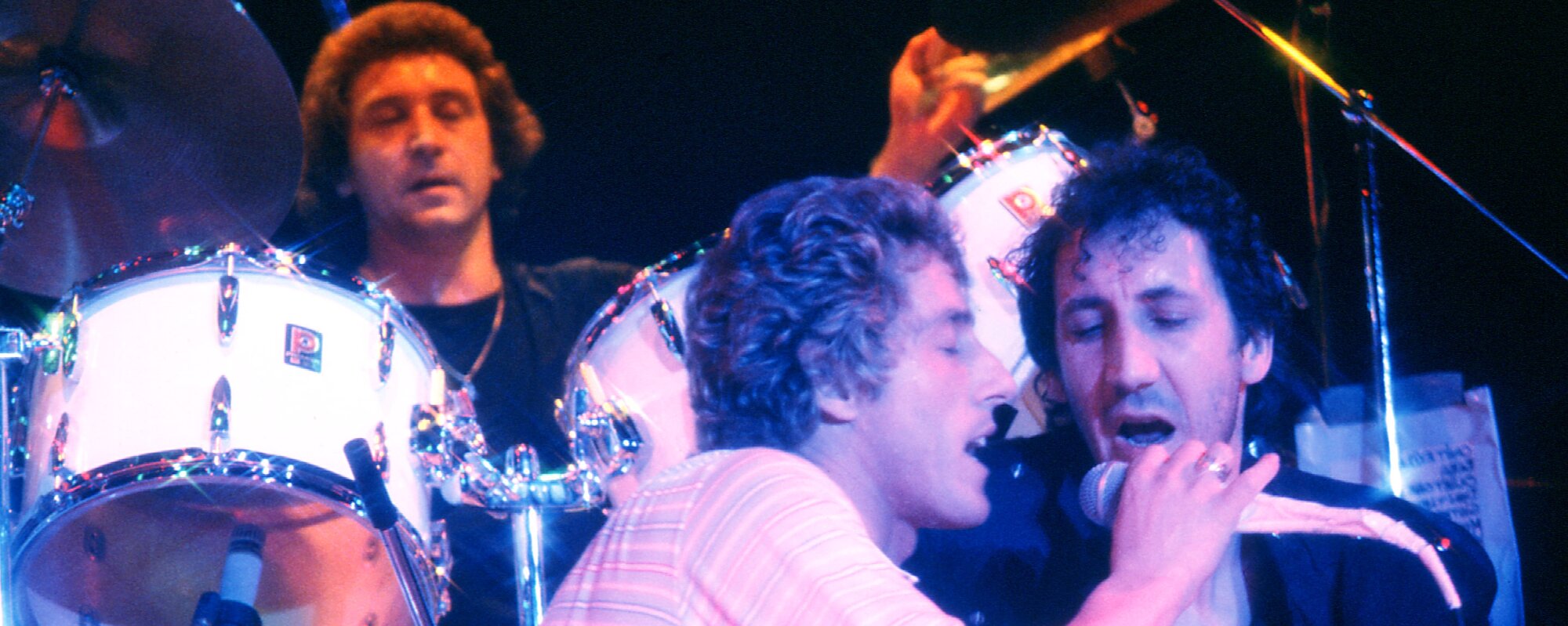
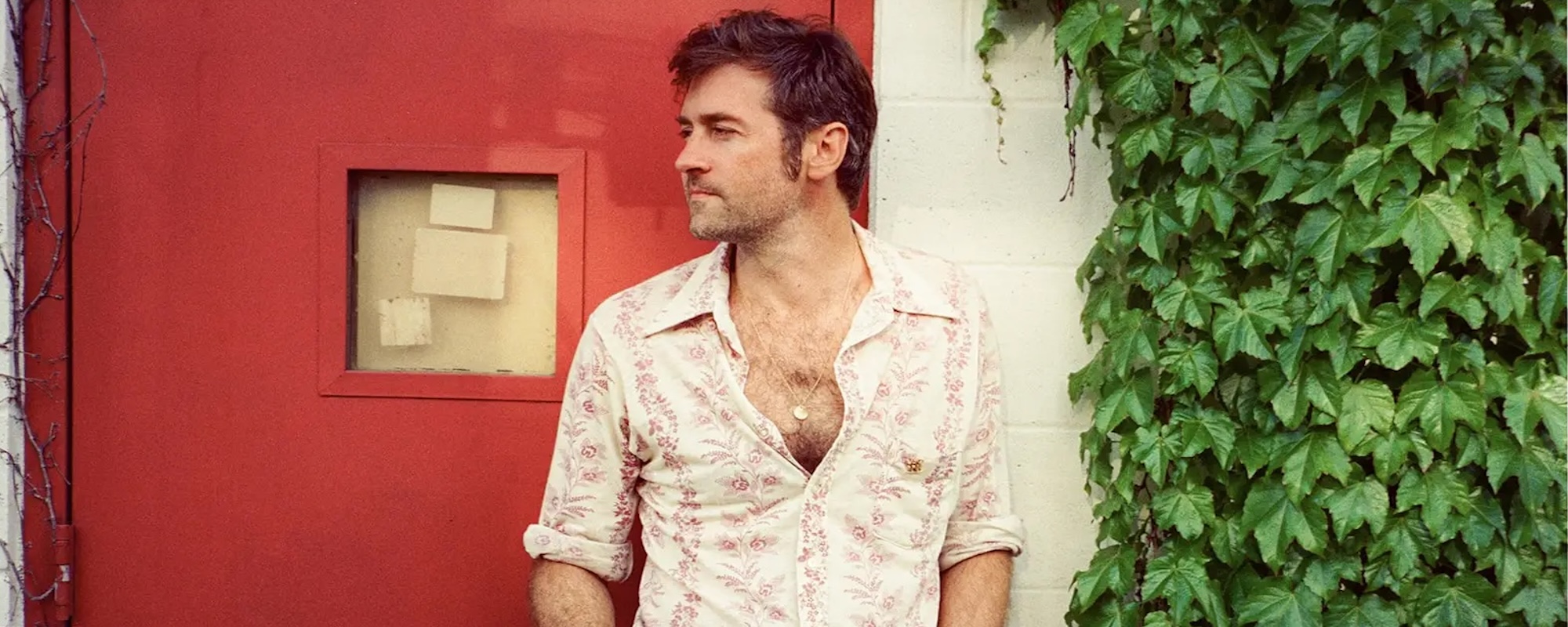
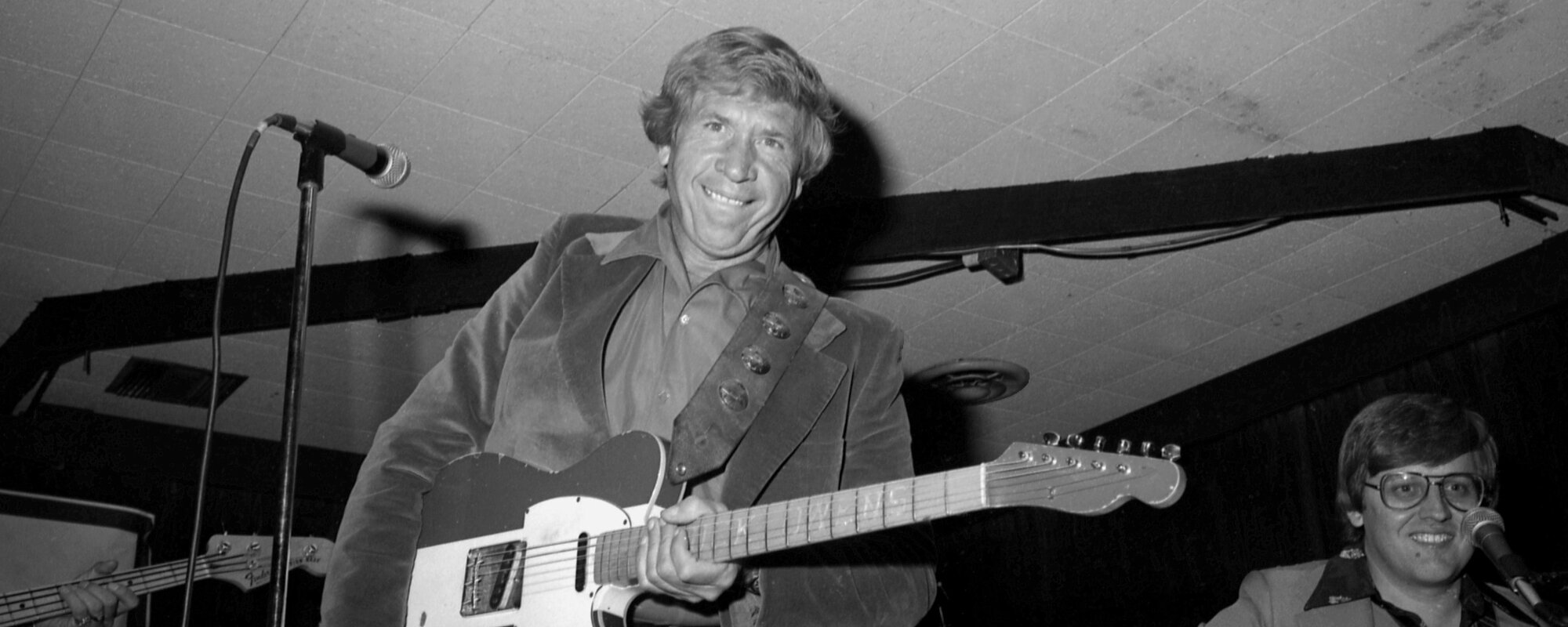

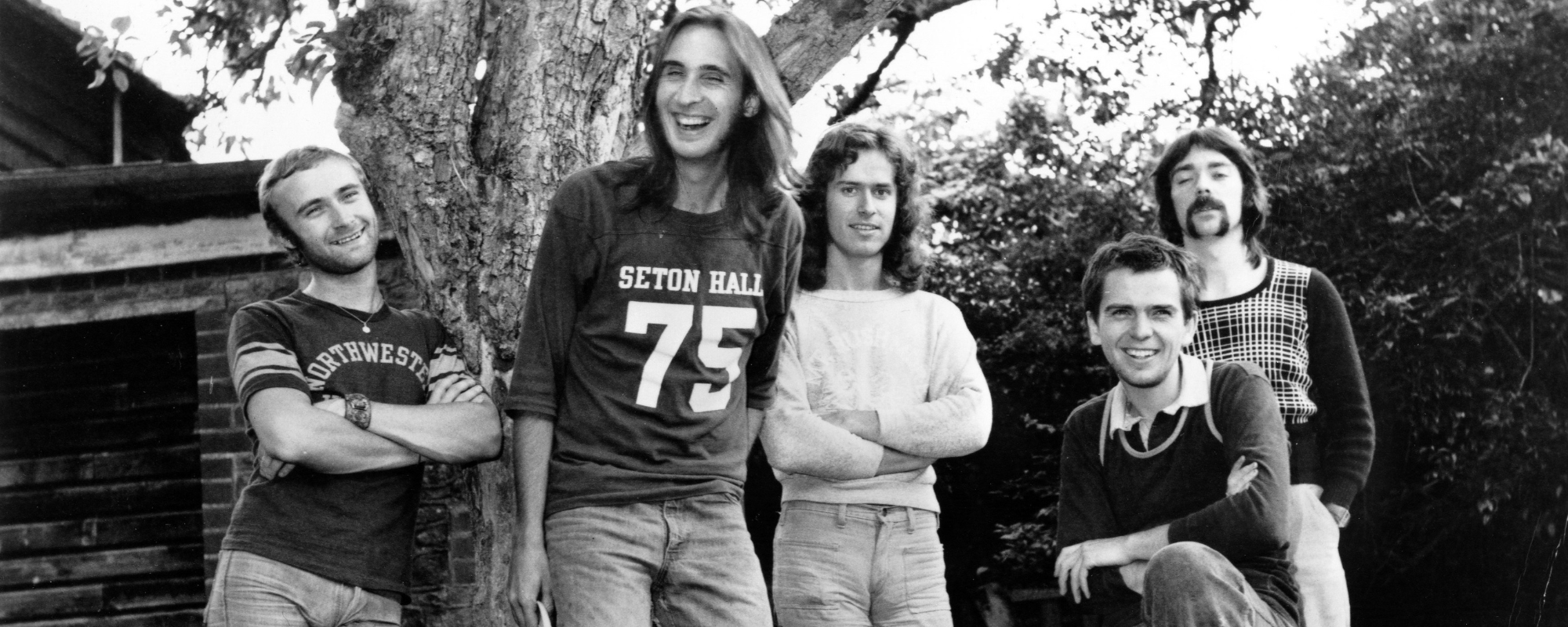
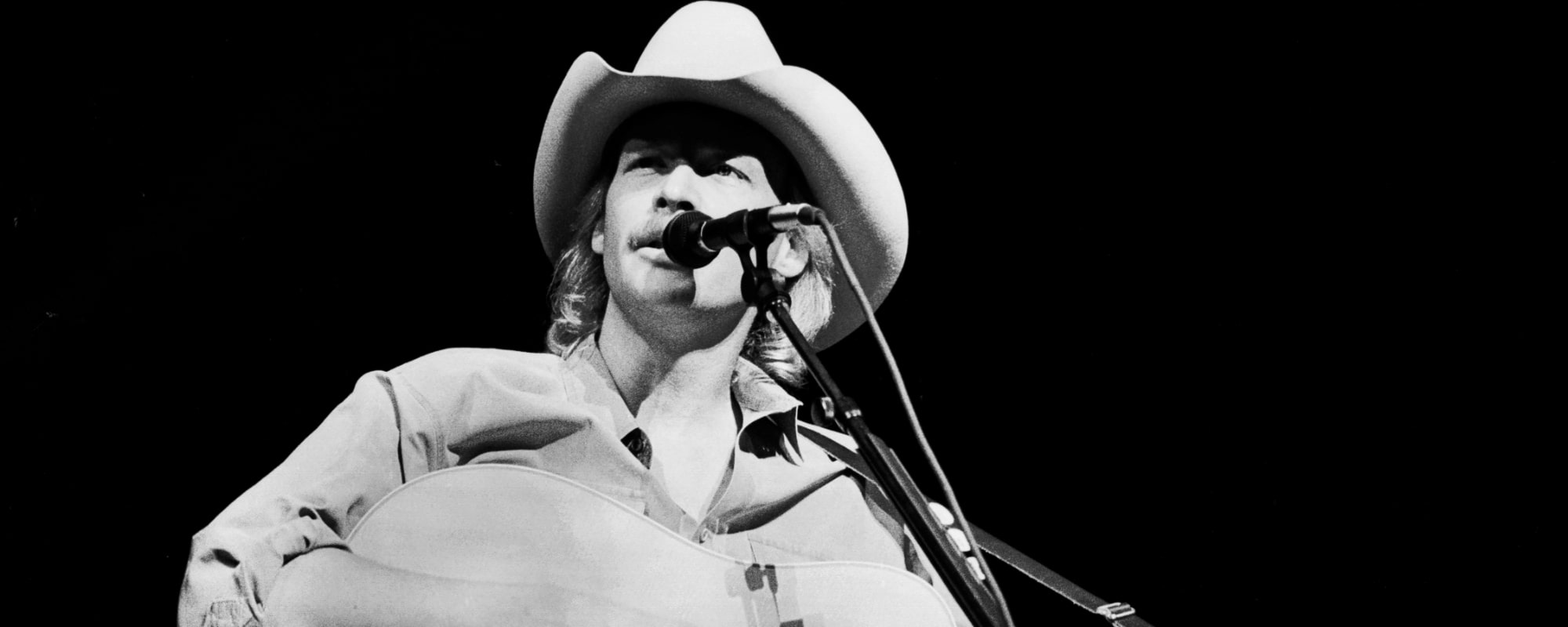
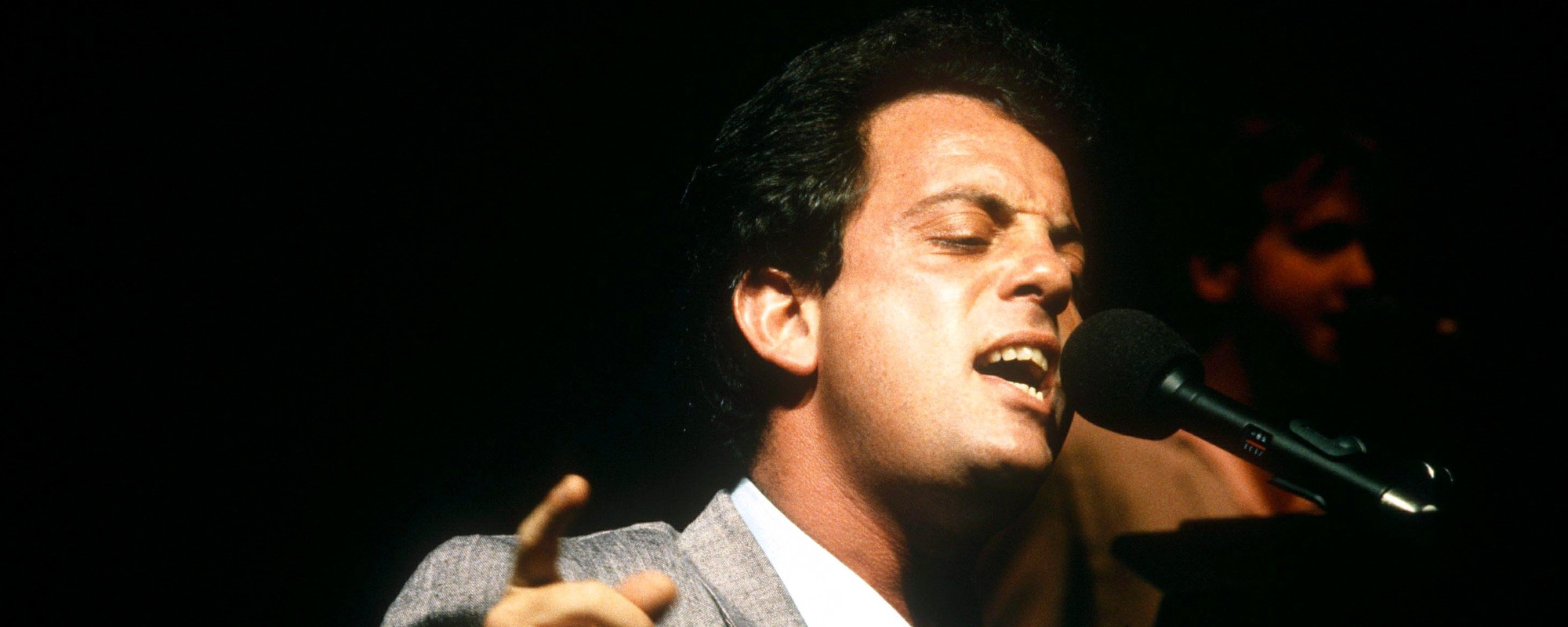

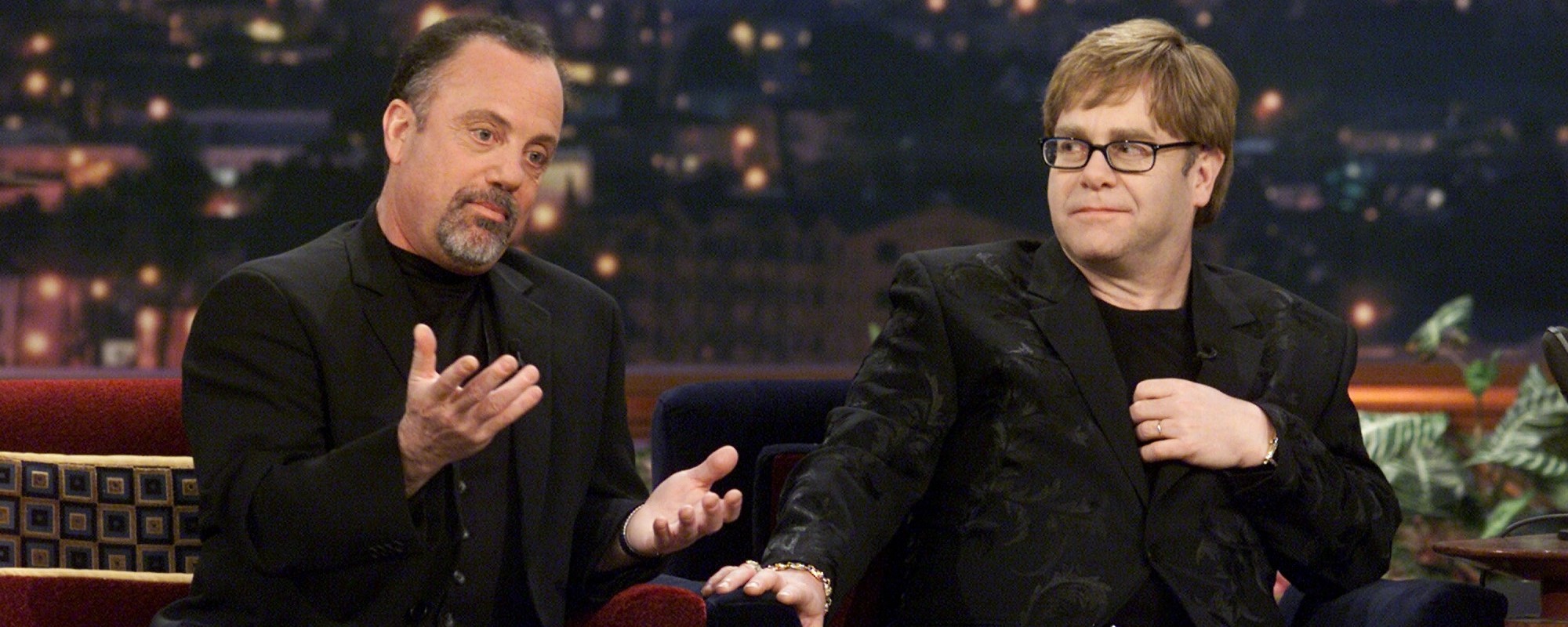



Leave a Reply
Only members can comment. Become a member. Already a member? Log in.